The Oregon Women - Team of the Year, Best of 2012
The Oregon Women - Team of the Year, Best of 2012

Familial structures are a constant debate among all cultures. Some love one another, some may bicker, and some are known for winning NCAA titles. The Oregon women aren’t just dominant, they’re a tightly knit family.
The last three NCAA championships have had four* winners and two* of the trophies are now in Eugene. That’s why they’re our Best Team of 2012.
The Ducks possess a deadly combination of tenacity and compassion that would even make The Brady Bunch a bit jealous (because Oregon is breaking records, not noses).
“The Oregon women function as a full track and field team all year long and I think this is what sets them apart from our peer institutions,” said assistant coach Maurica Powell. “These women don't wait for the Pac-12 meet to roll around to become invested in each other's performances. They work together and dream together beginning in October.”
In the past year, the Oregon women won the team title at the NCAA Indoor Championship, taken second at the NCAA Outdoor Championship, and a few months ago, captured the NCAA Cross Country Championship.
One of those titles was awarded immediately, one was delayed, and one is never coming.
Almost one year ago, the current Oregon seniors continued their winning tradition indoors with a third consecutive NCAA Indoor crown.
Oregon Associate Athletic Director Vin Lananna told goducks.com, "It was a great 'team' win. Our team delivered big performances multiple times throughout the night.”
The emphasis for the entire year would be on this “team effort.”
Olympian, Bowerman finalist, Oregon graduate Brianne Theisen explained how the team developed an absolute winning mindset. “When the Oregon women's program became an NCAA champion caliber team, we realized how good it felt to win,” Theisen told Flotrack. “Not only did winning feel good, but being part of something where each person was an essential part and was needed and counted on also felt good. We felt like we were not only doing it for ourselves, but for one another.”
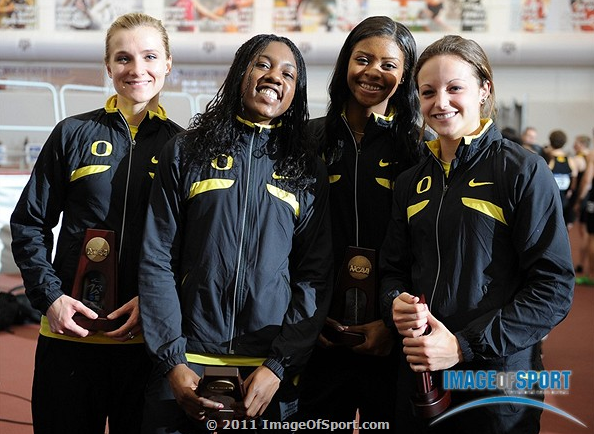
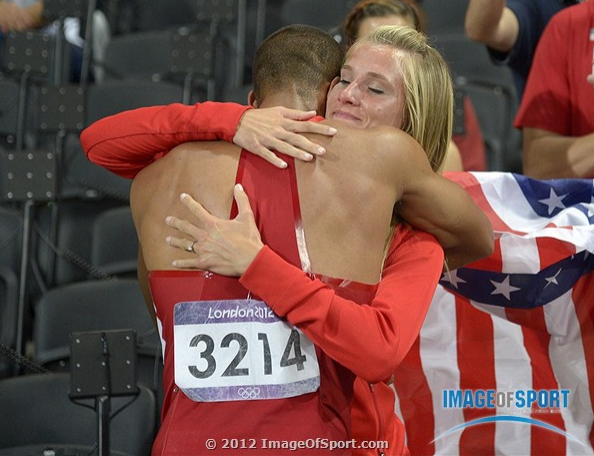
Some girls just have it all.
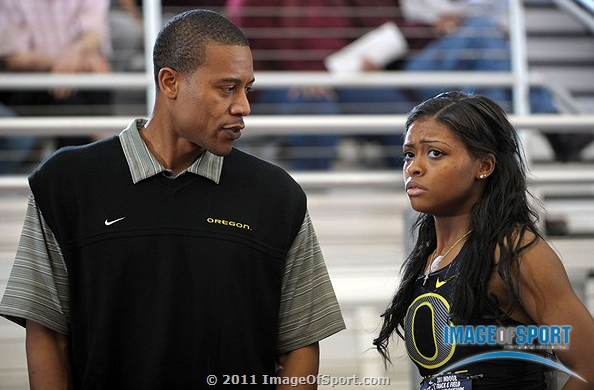
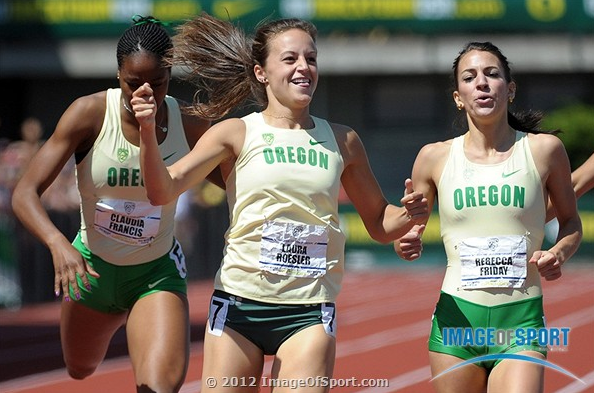
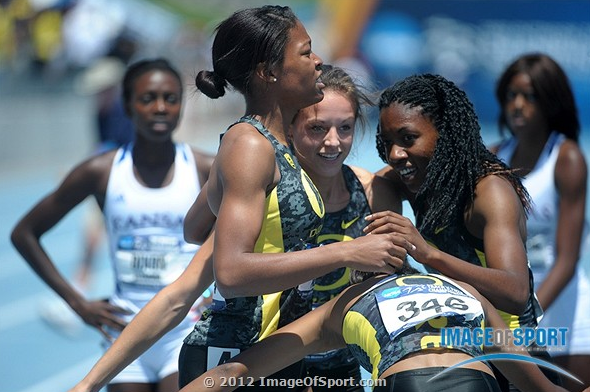
Theisen won her third NCAA heptathlon title, which was good for the 2nd best points total of all-time). In the 800m, Roesler and Kesselring would finish four-five to score nine valuable points. Melanie Thompson finished sixth in the steeplechase, but it came with some support.
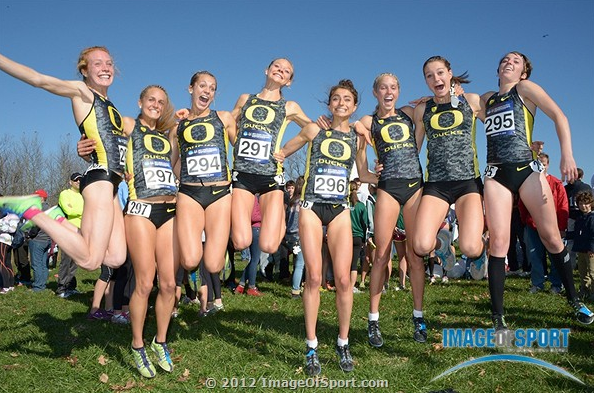
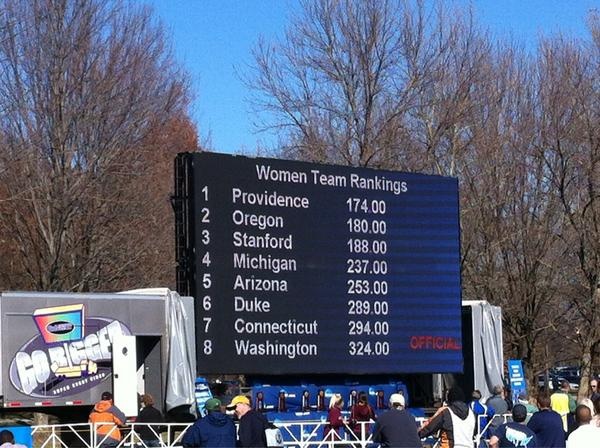
So, that happened.
If this year is anything like the last one, the Oregon women will be back as the best team in the NCAA.
Related Content
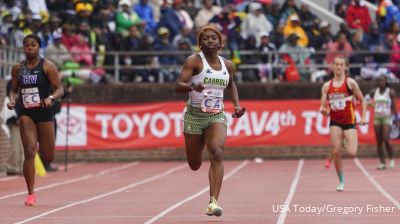 Penn Relays 2024 Schedule Day 1: Here Are Today's Events
Penn Relays 2024 Schedule Day 1: Here Are Today's EventsApr 25, 2024
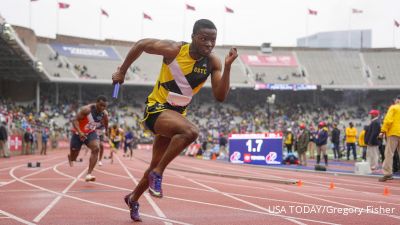 Penn Relays Live Stream 2024: How To Watch
Penn Relays Live Stream 2024: How To WatchApr 25, 2024
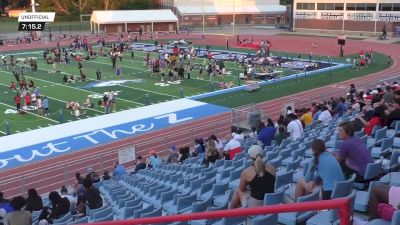 Replay: LHSAA Class 3A Region 2 | Apr 24 @ 5 PM
Replay: LHSAA Class 3A Region 2 | Apr 24 @ 5 PMApr 25, 2024
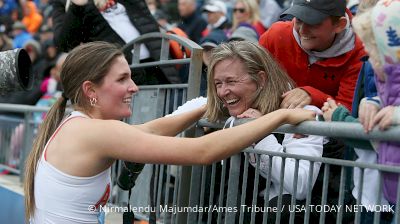 The Drake Relays Are This Weekend In Des Moines. Here's What To Know
The Drake Relays Are This Weekend In Des Moines. Here's What To KnowApr 24, 2024
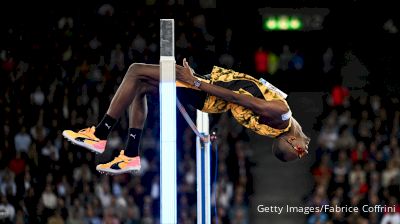 How To Watch The Diamond League Shanghai / Suzhou 2024
How To Watch The Diamond League Shanghai / Suzhou 2024Apr 24, 2024
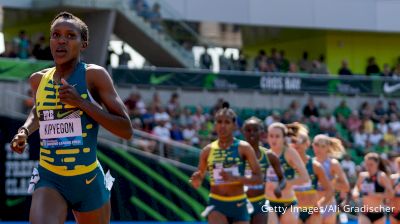 Diamond League Shanghai / Suzhou 2024 Schedule: What To Know
Diamond League Shanghai / Suzhou 2024 Schedule: What To KnowApr 24, 2024
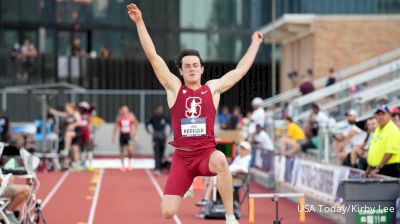 How To Watch The 2024 Payton Jordan Invitational
How To Watch The 2024 Payton Jordan InvitationalApr 24, 2024
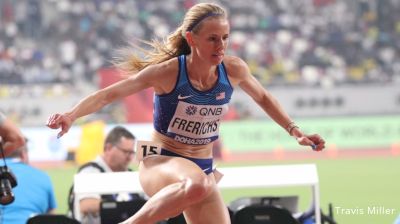 Sinclaire Johnson, Courtney Wayment To Star At Payton Jordan Invitational
Sinclaire Johnson, Courtney Wayment To Star At Payton Jordan InvitationalApr 24, 2024
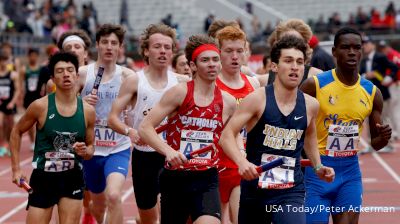 Penn Relays Qualifying Standards For 2024: Here's What To Know
Penn Relays Qualifying Standards For 2024: Here's What To KnowApr 24, 2024